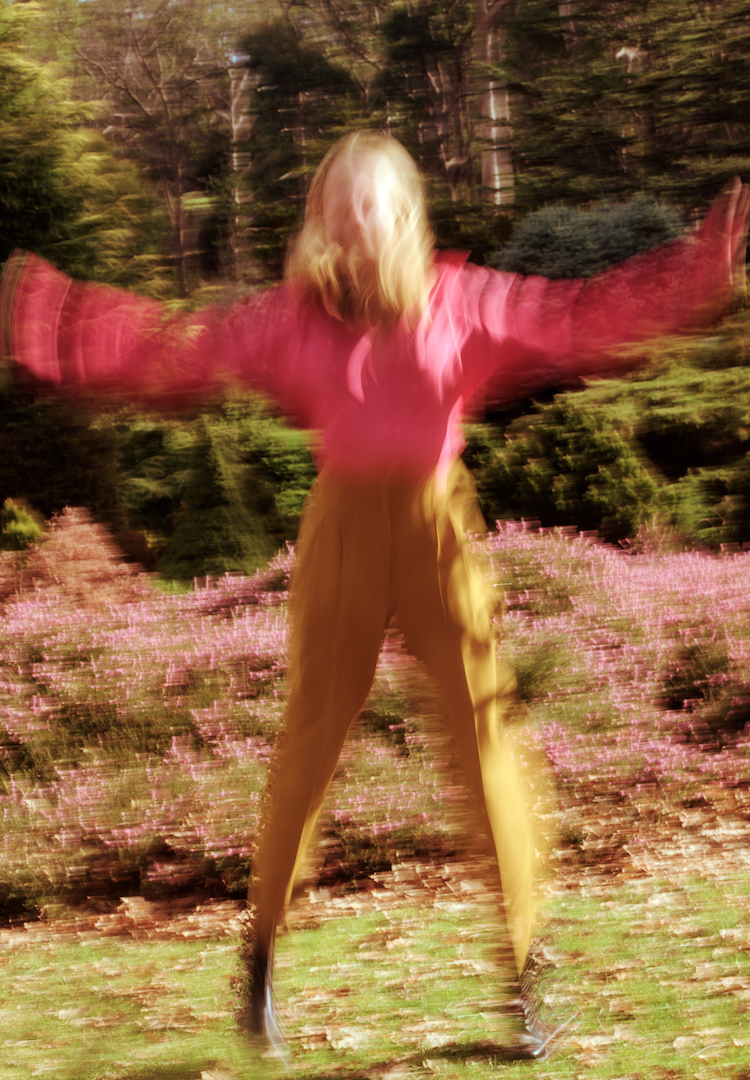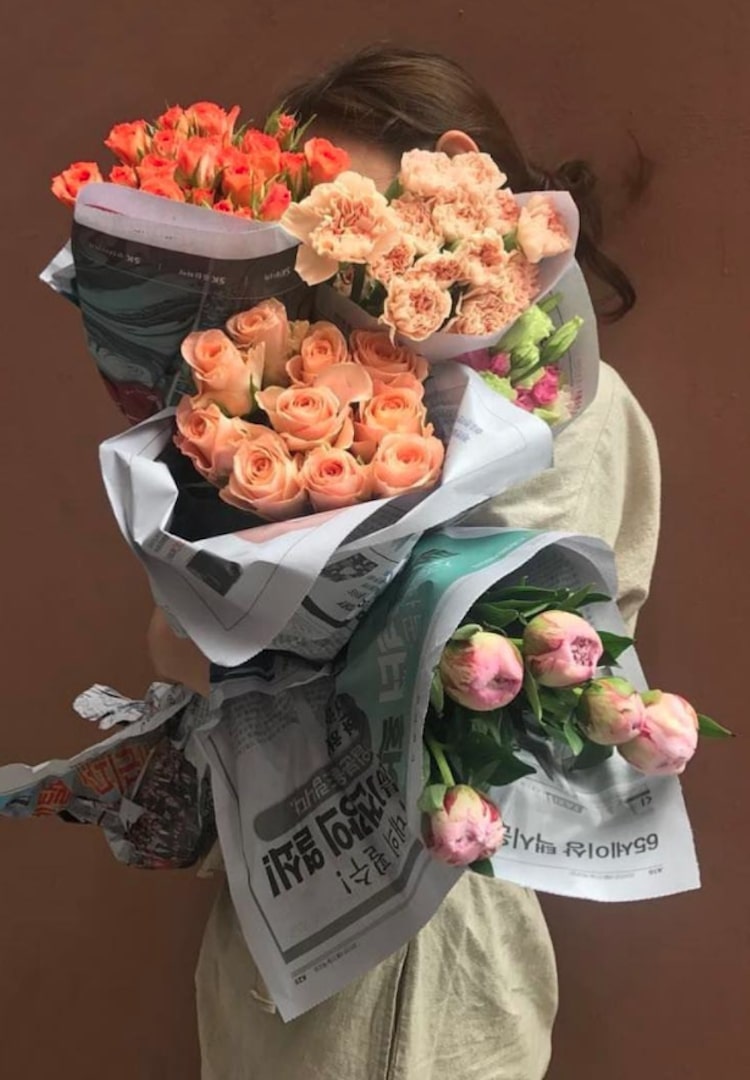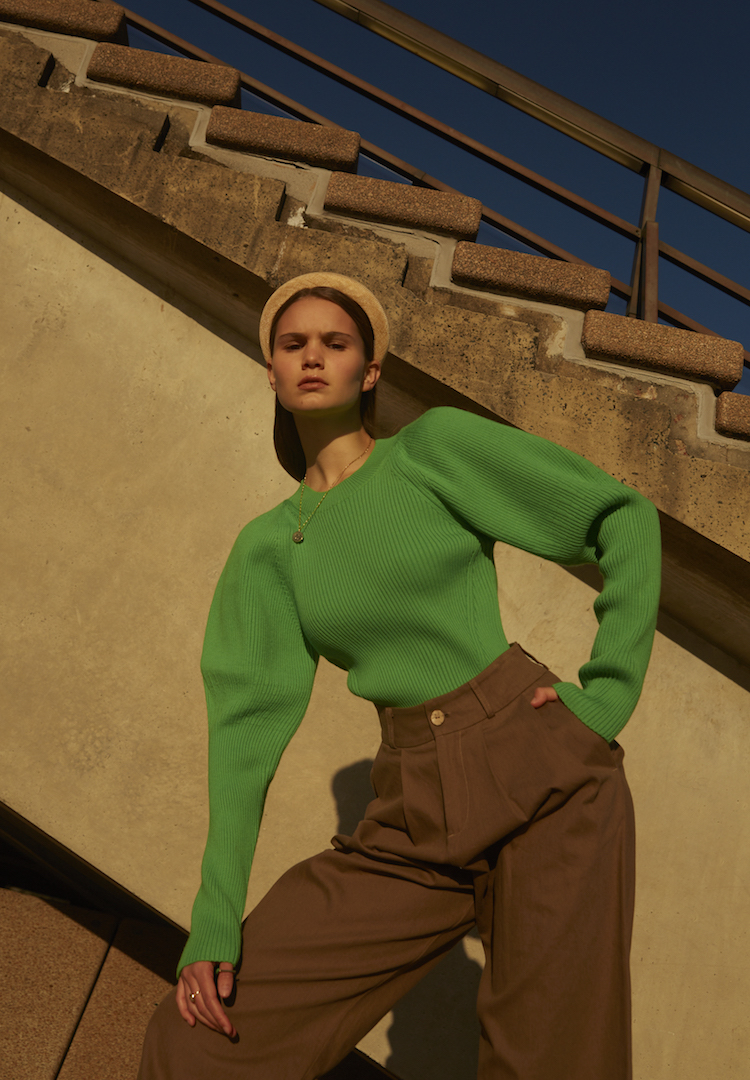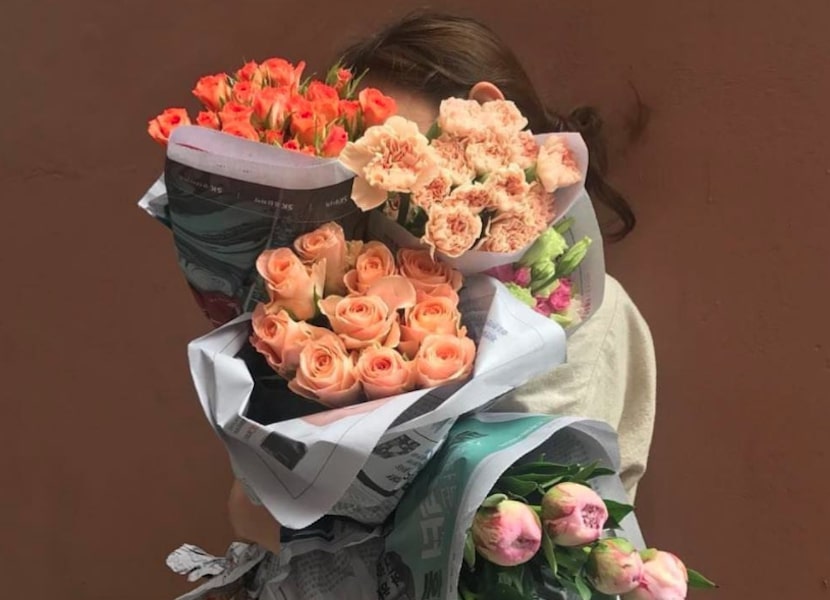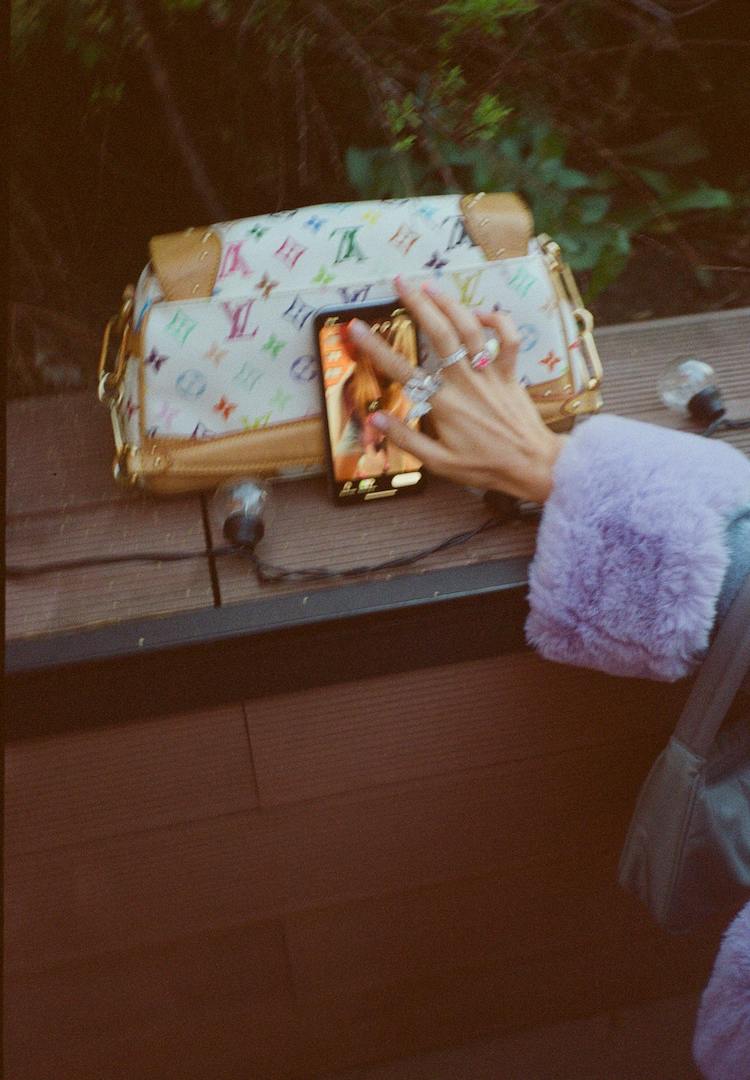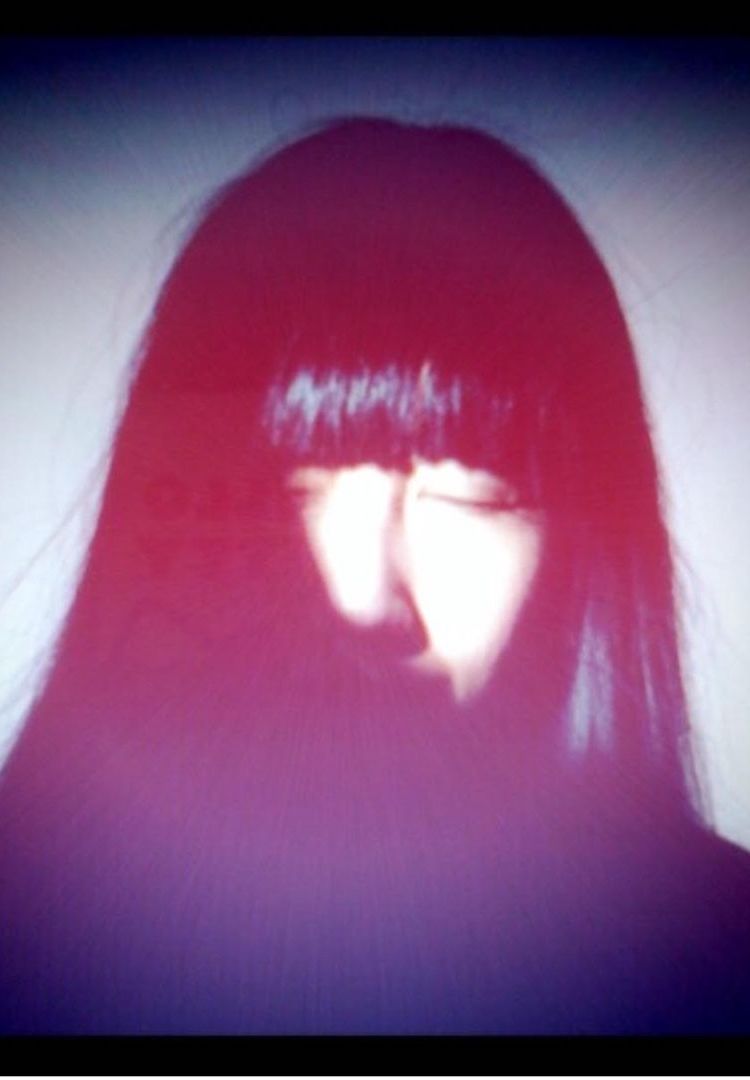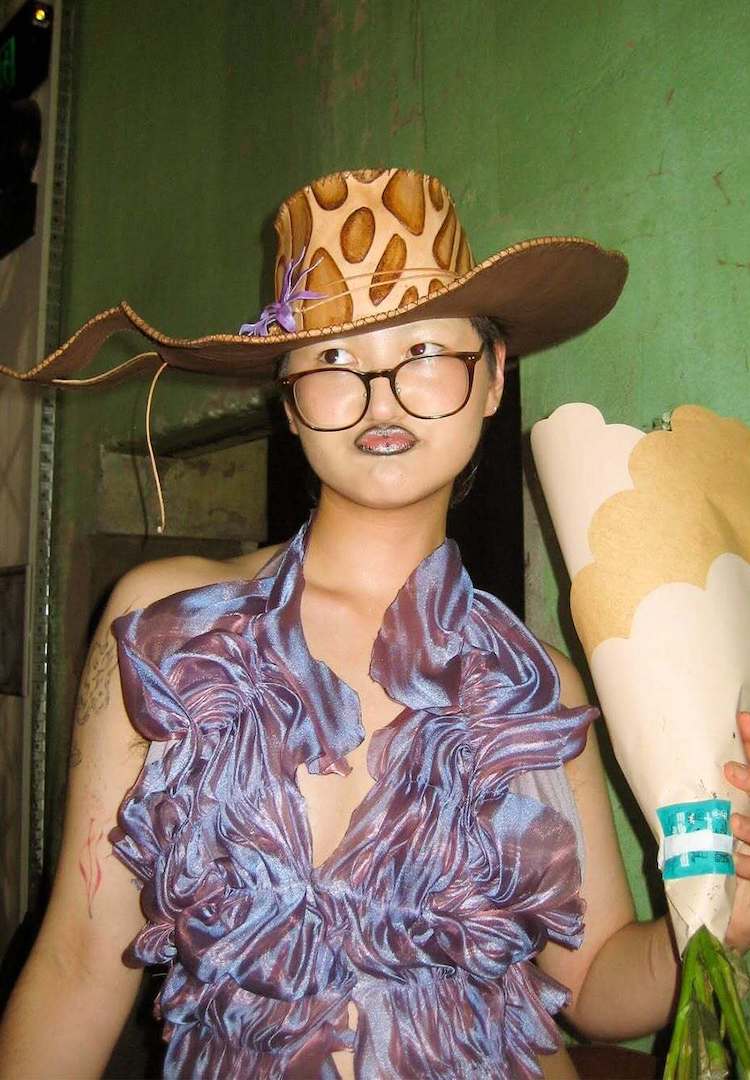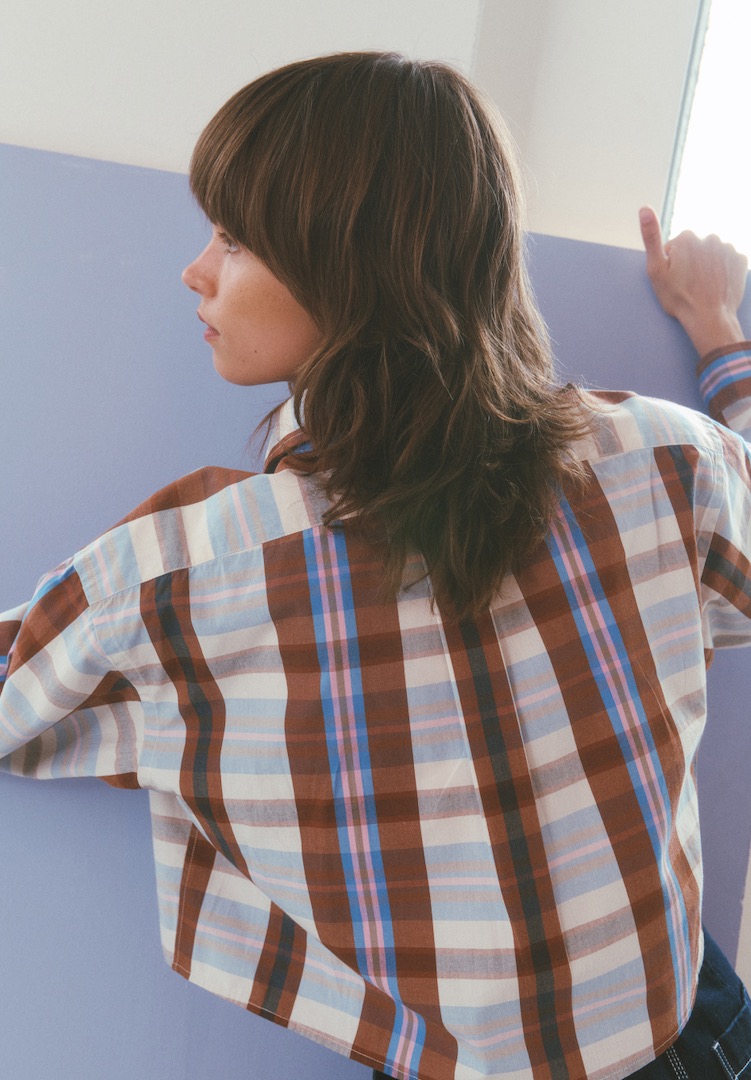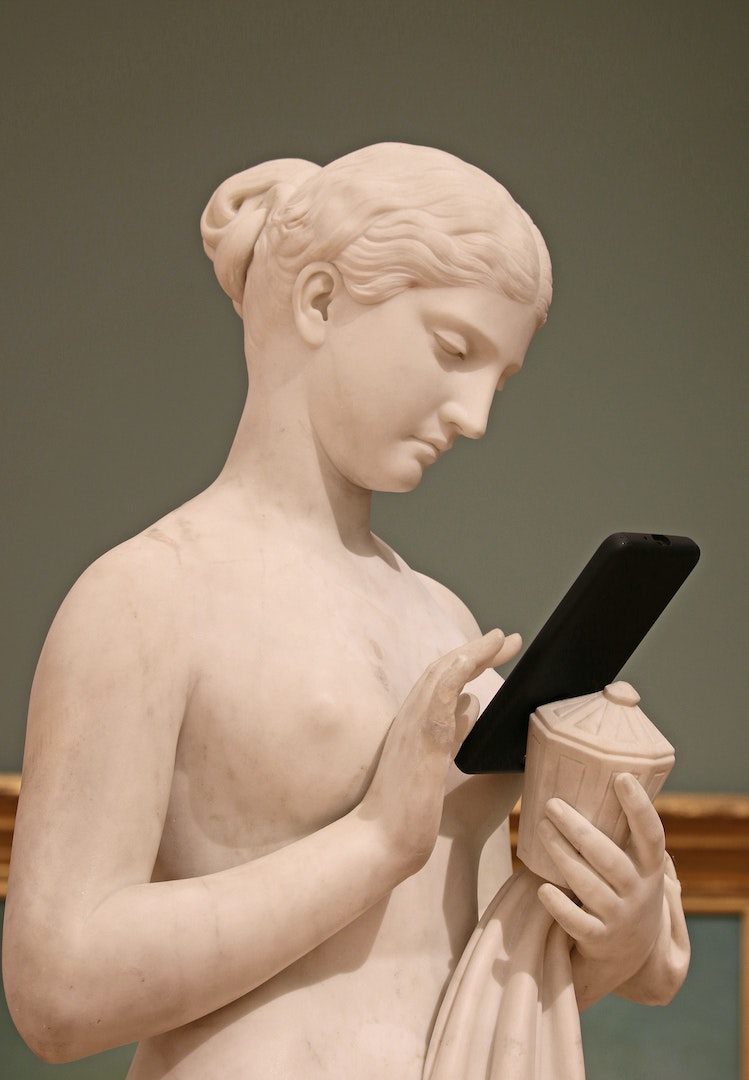What it’s like being Instagram famous when no one knows your name
IMAGE VIA @PPENNYLANE AND @0.pac
WORDS BY MAGGIE ZHOU
Incognito on Instagram.
There’s something alluring about Instagram fame. Sure, influencer culture can be vapid, monotonous and act as capitalism’s right-hand man, but isn’t there a part of you that, even if only out of curiosity, envisions a life of fame and, well, free shit?
What happens when you find yourself behind the screen of an account with 100k, 200k, 300k or 400k followers? And what if you find yourself in that position, but nobody knows who you are? I digitally sat down with three Instagram account owners in this exact predicament.
Ppennylane is a Melbourne-based curated Instagram that toes the line between aesthetic inspiration and humour.
“It’s a platform to express how I’m feeling and attempting to connect with others who may feel the same way. I like to share beautiful things, but not always perfect things that are unattainable like with most of Instagram. There must always be a balance between beauty and reality with a hint of humour,” the owner tells me.
Depop Drama is a crowd-sourced archive of comedic and utterly absurd conversation threads from secondhand shopping platform, Depop.
“Being a Depop user myself, I started to get funny or ridiculous messages and would share them with friends. Before I knew it, I had loads of these random screenshots on my phone with nowhere to put them. I decided to start uploading them to Instagram, and before I knew it people started tagging their friends. It then started to become bigger and people started submitting them,” the anonymous figure shares.
Under the alias of a “bored wealthy housewife living in Melbourne,” She’s Vague is an early ’00s nostalgia curated account.
“I started in 2014 and I wanted to be a fashion blogger but then I realised I hated doing that shit and I thought it was really boring. Then I started posting stuff that I liked, like movies I grew up with, celebrities that I love and just trash, sex and fashion,” she says.
Why stay anonymous?
A common reason behind anonymity was the element of mystique it afforded a page. “It’s more fun and I really value my privacy, I’m quite a private person; it makes it more mysterious and people can just try guess who I am,” She’s Vague tells me. “It’s safer as well.”
Depop Drama reveals that they’re a young creative based in London, and also agrees that their secret identity helps keep their audience intrigued. “I quite like the aura of secrecy. I suppose in a way it’s like Banksy… I have been tempted to reveal my identity, but with a platform so large, you never know what might happen, so I think for now I’d like to remain anonymous.”
In a 2016 Dazed article, Ppennylane transitioned from being an anonymous curator to being outed as a 27-year-old Melbourne-based university student named Ruken Elif.
“It was very awkward for me. I preferred to be anonymous and even to this day I rarely discuss [it] in my personal life,” she says. “…Ppennylane was all about connecting to the page and not to the person behind it. I don’t like to be the centre of attention – in fact, I am very shy and mostly a homebody.”
This echoes She’s Vague’s sentiment about anonymity allowing you to shapeshift – it’s a veil you can put on to disguise yourself and try out a new identity for size. “She’s Vague is confident, she’s a bored wealthy housewife, she does want she wants… and then there’s just me.”
Wait, but what about money?
Influencing can be a lucrative business. With these accounts sitting between 161k and 556k followers, they’ve found ways of monetising beyond the traditional sponsored post.
Depop Drama has engaged in a few paid collaborations but has recently moved from only promoting brands to sharing Depop sellers on its story. As for She’s Vague, she turned to selling merchandise and vintage clothing which has become something she truly loves.
At the peak of Ppennylane’s popularity, Ruken tells me that Australian brands would constantly reach out for promotion. “I declined 99 per cent of them. It’s just not who I am. I never wanted to monetise off the page,” she says.
Instead, in 2014 she created the well-loved Facebook reselling group, Ppennylane Selling. “I wanted to create a fair and politics-free platform for buying and selling local designers, without the nastiness of online buying/selling groups. The Melbourne fashion girl has a specific aesthetic and style [and] I think Ppennylane Selling has certainly helped that style evolve.”
How do you keep putting in years of work without reaping the glory?
For these starkly different accounts, the why behind the what remains pretty much the same. It’s about the people – the online friends they make and the loyal followers that make the accounts what they are.
“The page helped me form incredible connections with artists and designers from all over the world – friends I will have for life,” says Ruken of Ppennylane. “Curating can be exhausting, but I am fortunate my followers are loyal and forever support me. Cyber energy and connections formed can last a lifetime.”

